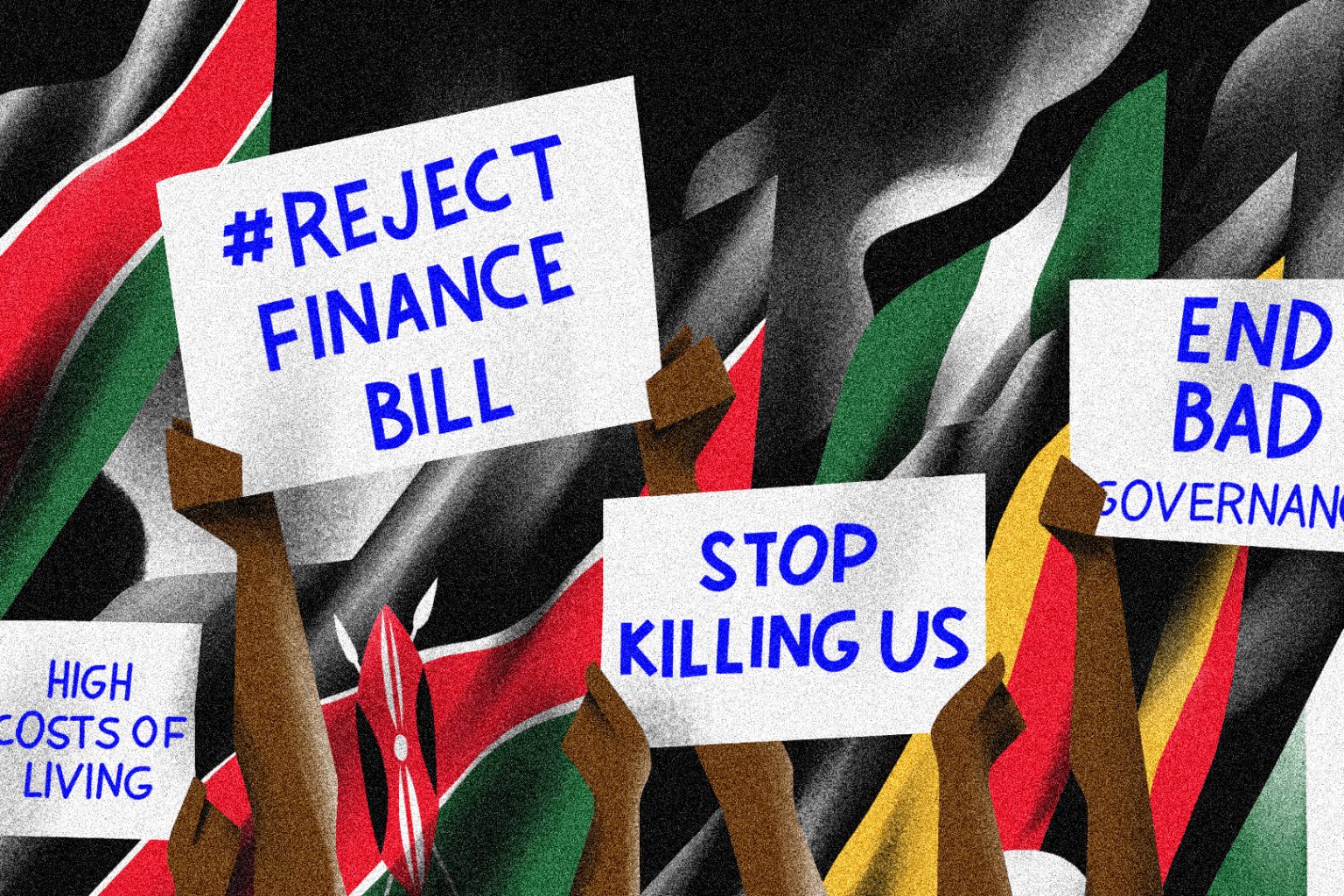Protests against corruption and bad governance have been sweeping across Africa in recent months, starting with Kenya in June, followed by Uganda and then Nigeria. These demonstrations were fueled by economic hardship, rising food prices, and a general dissatisfaction with government officials. The violent response by authorities, such as the use of tear gas and bullets, added to the anger and frustration of the protesters. Many have drawn parallel between these protests and the Arab Spring that took place in North Africa in 2010.
Analysts are split on whether these protests signal the beginning of an ‘African Spring’. Some see similarities between the current discontent in Africa and the Arab Spring, pointing to the use of social media to mobilize protesters and the underlying economic grievances. Others argue that protests in only a few countries cannot be used to generalize the situation across the entire continent. While there is a shared sense of anger among Africa’s youth, the specific triggers and local context are unique to each country.
The recent wave of protests in Africa has been met with mixed reactions from analysts. While some see a potential for a continent-wide uprising, others caution against oversimplifying the situation and drawing broad generalizations. The linguistic divisions on the continent, as well as the diverse political systems and histories, make it challenging to apply a one-size-fits-all explanation to the protests. The ongoing protests in Africa reflect a broader trend of global youth dissatisfaction with governments.
The impact of the COVID-19 pandemic, which caused a ‘great time discontinuation’ according to one researcher, has exacerbated the feelings of discontent and anger among young people in Africa. The economic fallout from the pandemic, coupled with limited job opportunities and rising living costs, has contributed to the sense of frustration. While protests in African countries are not new, the current wave of demonstrations is marked by innovative strategies, diffuse leadership, and global inspiration from other protest movements.
Governments in Africa have responded to the protests by using internet restrictions to suppress dissent. This tactic, along with other strategies aimed at countering the protests, highlights the evolving nature of government responses to public demonstrations. Despite the challenges and repression faced by protesters, the energy and determination of Africa’s youth signal a long-term trend of dissent and activism that is likely to continue. The protests in Africa, while not indicative of a continent-wide uprising, reflect a shared experience of anger, frustration, and a desire for change among young people.


